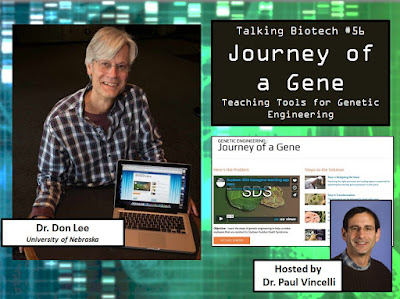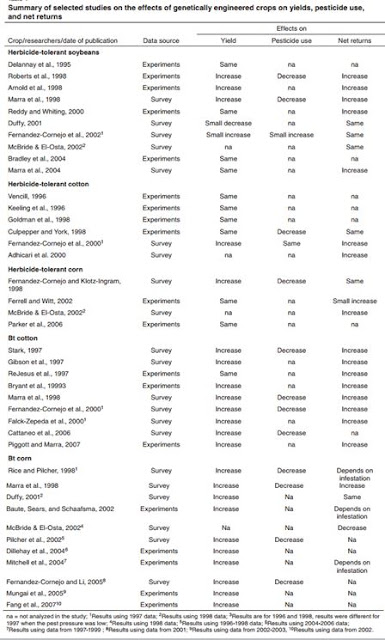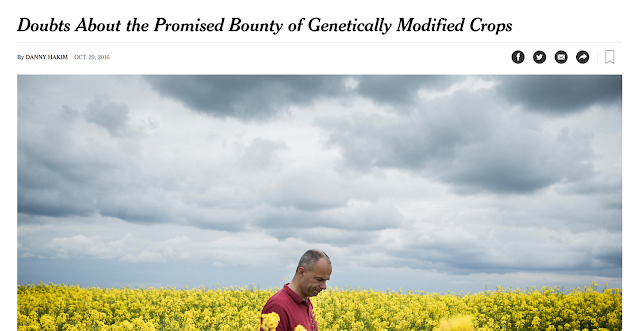No "GMO"- Time to Take the Science Back

The term GMO has unclear roots, but it likely stems from technical language used to describe organisms featuring genes installed through recombinant DNA techniques. Over the last decades the term has been adopted as a term of both derision and endearment. But does the term really mean anything? Scientists don't use it. Well, Seralini et al ( 2012 ) (2014) used it in the figures of an attempted scholarly paper. He had to. The purpose of the paper was to scare people, so the term was necessary. Let's just say, it is not used in real scientific papers. We speak with precision. So why do we tolerate its use when it is imprecise and confuses the public? Over the last several years I have spoken to hundreds of public, scientific and agricultural audiences and I think it is time for all of us in a science-minded community to adopt some precise language. We should all speak from a codified vernacular to be more effective as a whole. Here's wh...




